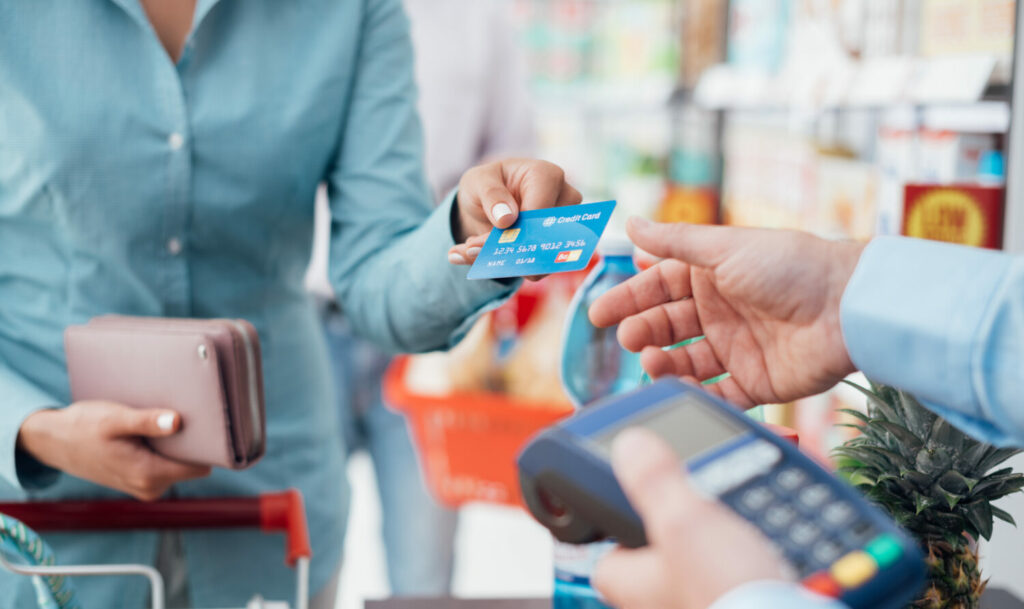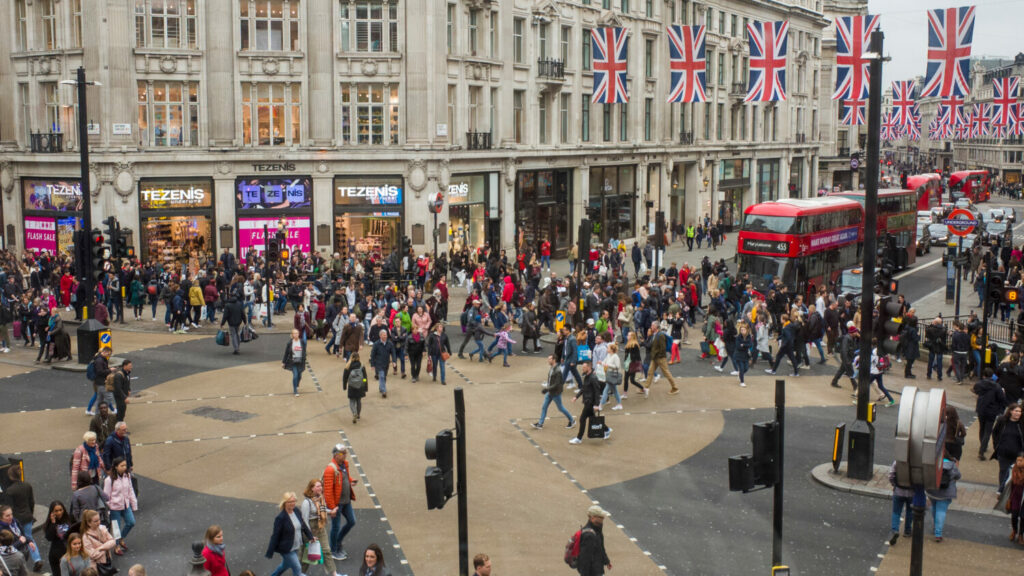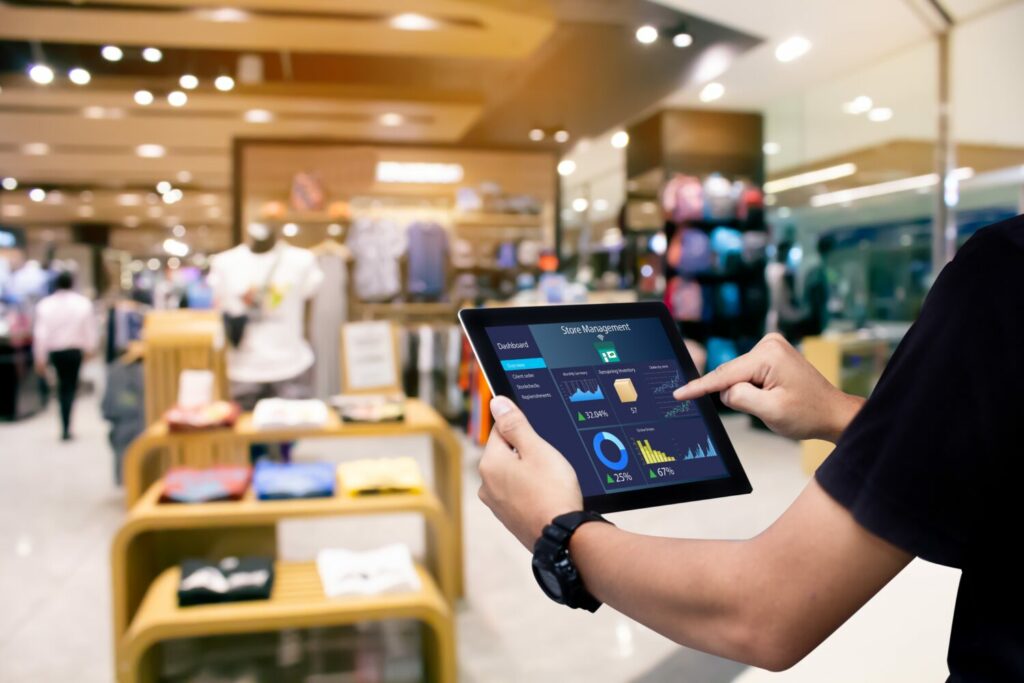What is retail?

What is retail? Simply put, its the sale of products or services from a business directly to a customer. It can be anything, really. If you can take a product and sell it directly to a customer – that’s retail. Seems simple enough – but no two retailers are the same. That’s why it’s important for new businesses to understand the market before they get started.
The history and evolution of retail
Retail dates back thousands of years when local markets served as hubs for trade and commerce. In ancient civilizations, merchants would gather in marketplaces to sell their wares to local residents. Over time, the concept evolved, and with the Industrial Revolution traditional shops transitioned into larger stores.
In the 70s the first shopping centre in the UK was opened, bringing various retailers under one roof and offering convenience and variety to consumers. Then the rise of technology in the 80s and 90s gave birth to e-commerce, which revolutionized the landscape. The rise of giants like Amazon, and eBay changed the way people shopped, enabling them to purchase products with just a few clicks from the comfort of their homes.
The landscape is still changing rapidly. Many businesses were forced to survice on e-commerce alone during the pandemic, and increasing vacancies in UK highstreets have forced agents and landlords to rethink how we use retail and leisure space.
Read more: How to succeed in retail
Types of retail

There are many different forms of retail, and each town and city will have a different makeup depending on factors such as the local demographics and economy.
Types of retail stores and where you’d find them
- High street stores and shopping centres
Walk along any high street and you’ll likely see world-renowned brands as well as smaller independent stores. The same is true for shopping centres, which usually are complemented by food courts.
- Department stores
Department stores are full of all kinds of different brands running their own ‘mini-stores’. They aren’t as popular as they once were, however some giants such as House of Fraser dominate the luxury offering in many British towns.
- Surburban parades
Surburban areas will often have a parade of shops, generally to accommodate to the surrounding area’s needs. Often these parades will be home to a small newsagent or ‘corner shop’, and other services such as a barbers or hairdressers and maybe a restaurant or two.
- Retail parks
Retail Parks generally sit in out-of-town locations. They make use of their large parking areas to offer customers bulky products they can take home in their cars. That’s why a lot of retail parks house furniture stores, garden centres, and household appliance retailers.
- Online retailers
You don’t have to experience it physically, of course. Many popular retailers are only online, such as Asos and Etsy.
Read more: How to choose the right location for your retail business.
Why is retail important?
Retail makes up a huge chunk of the economy. In 2022, a third of consumer spending went through retail, bringing the total value of retail sales for the year to £441bn. On top of that, around 3 million people in the UK are employed in the industry.
The property market is not insignificant either. In 2022, the value of the entire UK commercial property market was nearly $1.7 trillion (£14.7tn).
Read more: A five minute guide to renting a retail space.
Trends in retail

Retail, like any other sector, is constantly evolving. Trends will come and go, but there are a few which look set to stay.
For example, many retailers nowadays will have a greater focus on sustainability and their impact on the environment. Some shops, will look to ‘upcycle’ existing products, particularly clothing retailers, some of whom’s entire business model is built around the second-hand market. Examples of this include online platforms such as Depop or Vinted.
Another trend ‘popping up’ more often nowadays is temporary leasing – or pop-up stores. This allows businesses to experiment with a physical space without the commitment of a full-term lease. Rents at pop-up stores tend to be cheaper too, meaning they are a good choice for smaller businesses.
Having an understanding of the wider market can give you a head-start as a retailer. So don’t neglect doing your own research if you plan to start a business.
If you feel ready, why not check out shops to rent on Completely Retail?